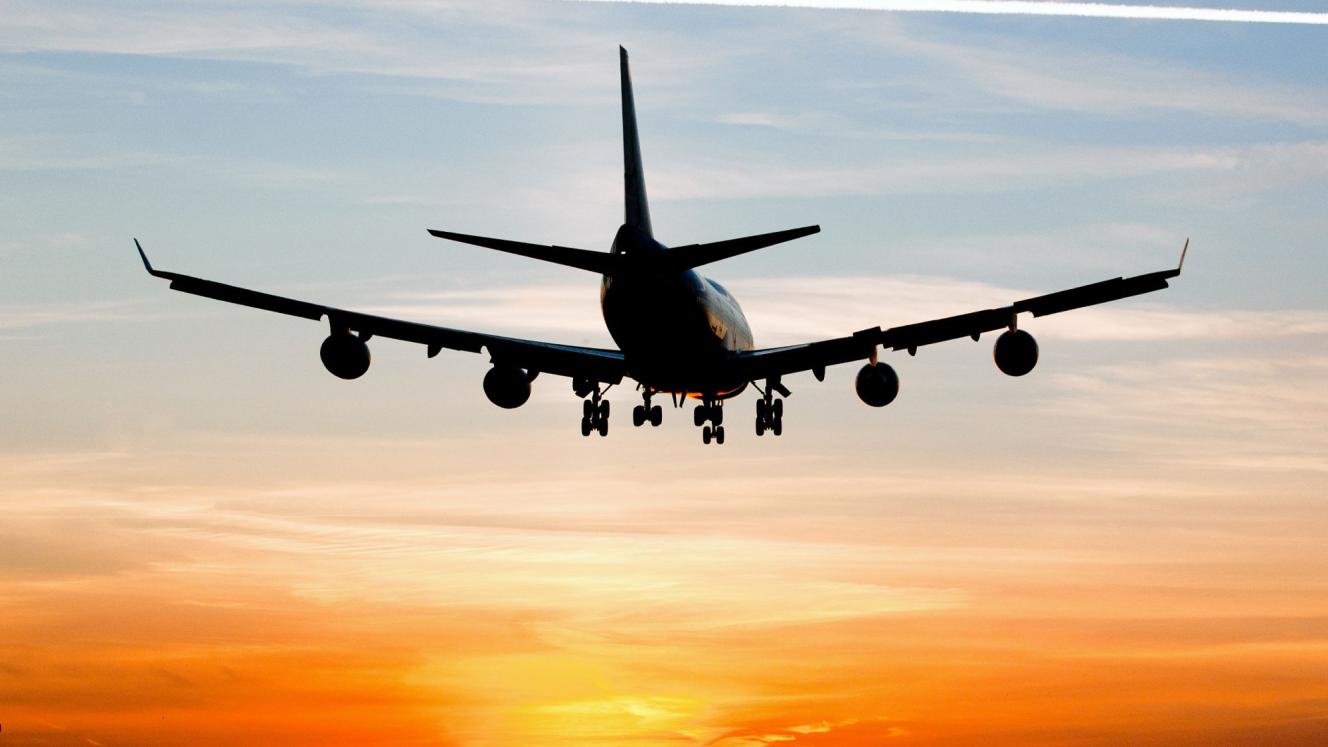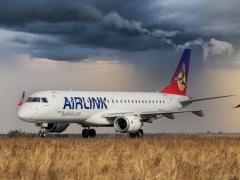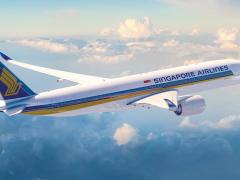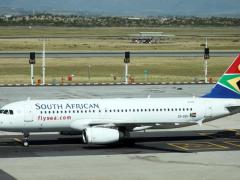Airlines in the US and across the globe have expressed concern over the new US tariffs and their impact on transatlantic travel demand, domestic US travel demand, and aircraft supply and maintenance.
During Q1 earnings calls and results presentations, many international airlines have spoken of the prospect of reduced demand from the US travel market and reduced demand for the US from Europe, both of which will have severe consequences for transatlantic routes.
Air France-KLM
In Air France-KLM’s recent Q1 earnings call, the carrier perceived a change in its transatlantic booking patterns. Ben Smith, CEO, said the company faced competitive pressures particularly in the transatlantic market, where booking “softness” has been observed in economy class bookings.
Air France-KLM’s CFO, Steven Zaat, said political and economic uncertainty is impacting Europe’s traffic to the US and that fewer Europeans are travelling to the US.
The airline has said that it will not make any immediate changes to its US products and route strategies, however, depending on how the situation develops, it may reconsider this in Q4.
Lufthansa
Similarly, Lufthansa flagged a “slight weakening” in its transatlantic bookings in its Q1 results.
In response, the airline now will reduce its planned transatlantic capacity growth for Q4 from 6% to 3% and has established a task force to adjust flight schedules if demand continues to soften.
During Lufthansa’s earnings call, CEO Carsten Spohr said the carrier’s main concern was the tariff which would impact the delivery of Boeing aircraft to the EU. According to Simple Flying, Lufthansa may resort to registering its new aircraft in Switzerland.
Virgin Atlantic
Virgin Atlantic has also reported a slowdown in transatlantic demand. The airline's CFO, Oli Byers, told the media that US consumer uncertainty is contributing to weaker demand between the UK and US.
The Virgin Group Founder, Richard Branson, spoke out against the tariffs during a media call in the UK, stating that the tariffs will damage both businesses and consumers.
In Iata’s February Air Passenger Market Analysis, North America was the only region to see a decline in passenger demand. This pattern continued into March, with North America experiencing a decrease in demand of 1,1% compared to a global average increase of 3,3%.
Furthermore, the report notes increasingly low US domestic load factors, calling them “the lowest among all major domestic market”.
Iata’s DG, Willie Walsh, downplayed the long-term impact, emphasising that the trade tensions have created uncertainty but not a major crisis for the industry.
Delta
Delta Air Lines expressed caution regarding its outlook for 2025. CEO, Ed Bastian, noted that Delta’s results fell short of initial projections, attributing the shift to stalled global trade growth and increasing economic uncertainty.
American
American Airlines also scrapped its full-year guidance due to ongoing weakness in domestic travel and broader uncertainties surrounding government spending.
The AA CEO, Robert Isom, acknowledged that tariff-driven cost increases and potential demand softness could put pressure on margins, particularly in the second half of the year. To mitigate these risks, American Airlines is exploring cost-cutting measures and optimising flight schedules to prioritise high-demand routes. The carrier is also lobbying for tariff exemptions on aviation components, joining an industry coalition led by Airlines for America.
United
United also reports finding declining demand for travel within the US. To reduce expenses, the carrier announced during its Q1 earnings call that it plans to reduce capacity on certain domestic routes due to a slow-down in government spending.
Mike Leskinen, Executive VP and CFO at United, said that the carrier is making plans with aircraft manufacturers to reduce the additional expenses it may accumulate during aircraft delivery and maintenance.
Southwest
Southwest Airlines has revealed plans to cut its capacity by approximately 1,5% in the third and fourth quarters of 2025. This was attributed to low demand for domestic leisure travel. It showed significant weakness in the carrier’s Q1 results. Southwest CEO, Bob Jordan, said the current US airline industry was experiencing a “recession” in domestic travel.
Delivery loophole?
In Europe, carriers are displaying reluctance to pay the 20% tariff assigned to them for aircraft delivery, while US airlines have expressed concern about the additional costs they will incur when taking delivery of aircraft and aircraft parts from foreign manufacturers such as Airbus and Embraer.
During its earnings call, Airbus CEO, Guillaume Faury, said the manufacturer would be willing to export aircraft to countries other than the US, with lower tariffs, especially for airlines that have international operations.













